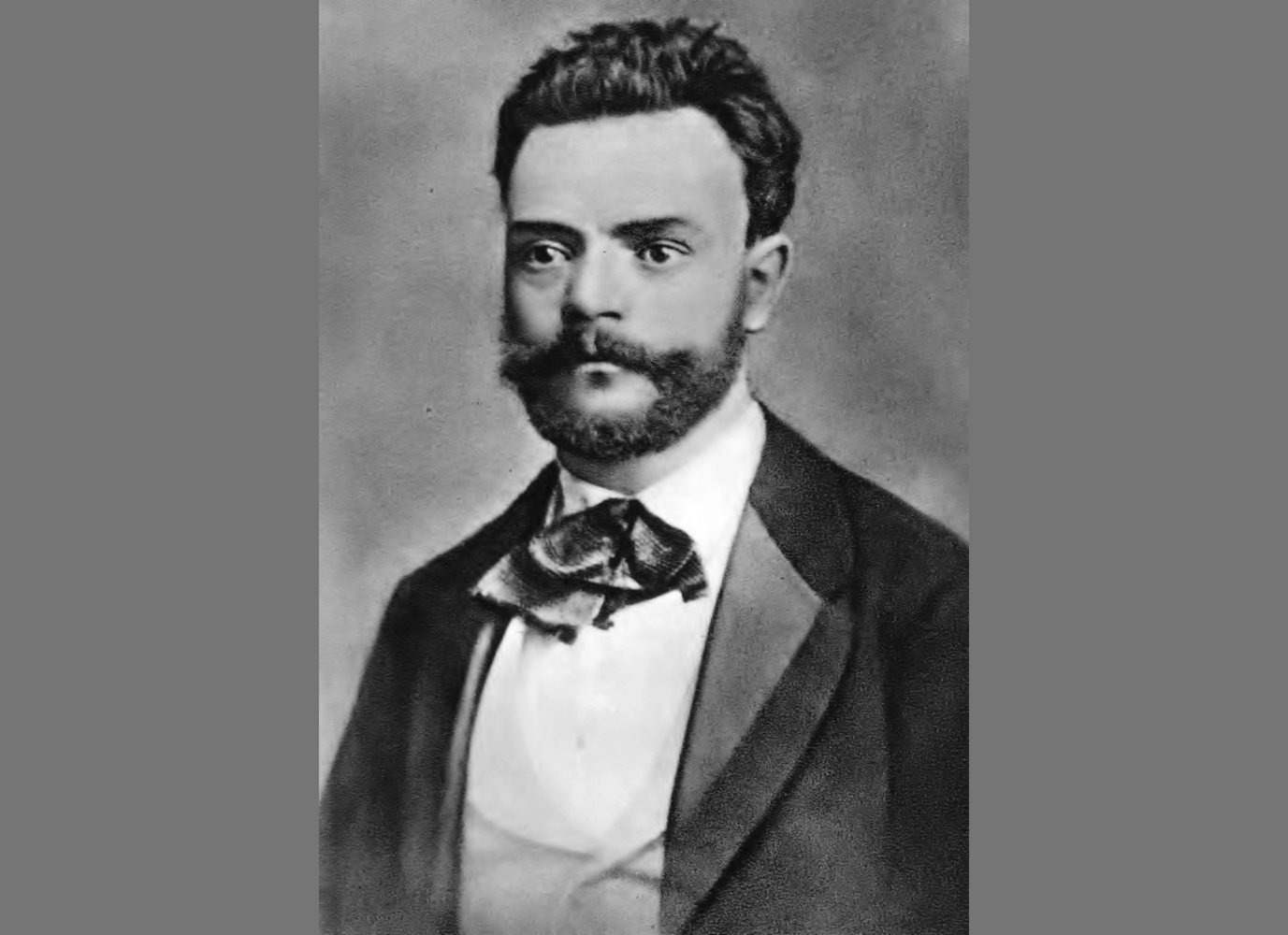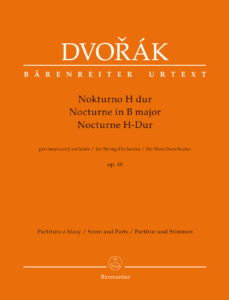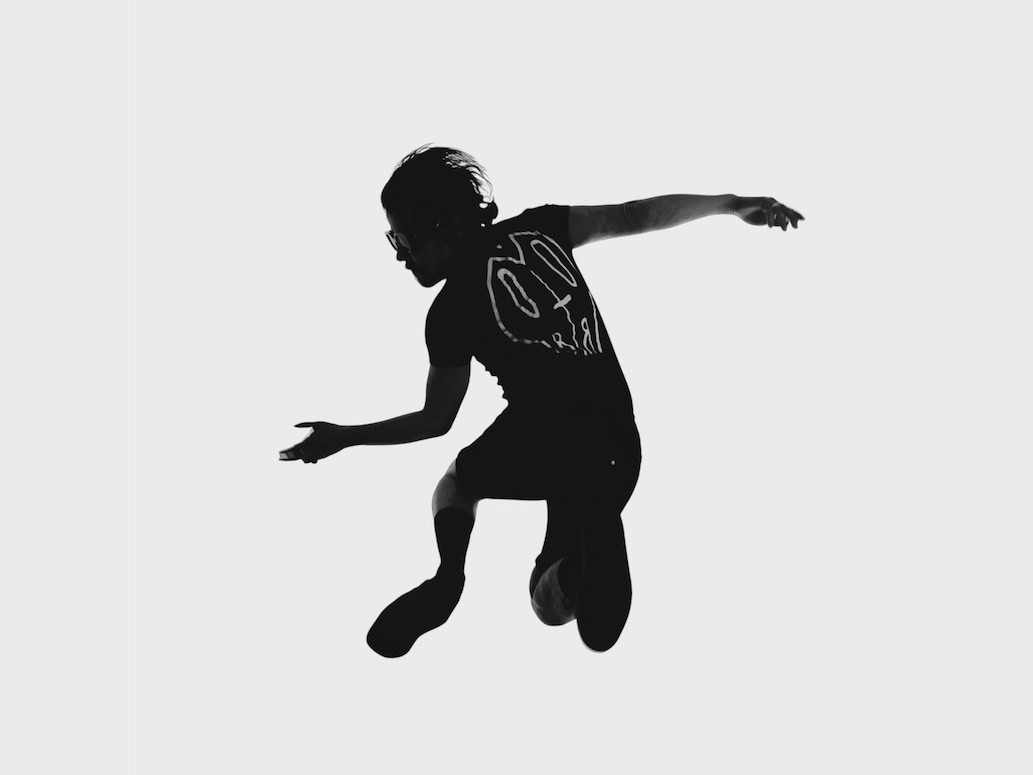Enchanting for string orchestra
The new version of Antonín Dvořák's "Nocturne" for string orchestra in B major op. 40 incorporates a recently discovered source.

It is a piece of wonderful music that still surprises in several ways today. First of all, this nocturne sounds nothing like the Dvořák, whom we think we know from his all-too-present American period. The genesis alone makes one curious. The movement originally comes from an early string quartet in E minor (1869/70). It was then incorporated (with extended instrumentation) into the String Quintet in G major op. 77 (here already with double bass), was removed again - and finally took on a life of its own as the Nocturne in B major with a revised second part.
The movement also leaves a lot of scope for the interpreter. Even an initial overview of the available recordings reveals an astonishing result: the Nachtstück, with its total of 51 bars, can be played very quickly and fluently in under six minutes or celebrated almost standing still in over nine minutes. As always, the truth lies in the middle, whereby the flow of the 12/8 time signature should be maintained. Even if the violoncello plays for what feels like an eternity on the fifth F sharp This movement has it all, is challenging and will make the auditorium revel, whether in a simple chamber music setting or more palatable with a choral ensemble. The five crosses may seem daunting at first, but they create a sound effect of enchanting luminosity.
The current Bärenreiter edition can draw on a newly discovered engraver's model of the piece and thus corrects some readings. Above all, however, the edition (score and a string section 4-4-3-2-1) is very clean, clear and beautifully set. A worthwhile addition to the repertoire.

Antonín Dvořák: Nocturne for string orchestra in B major op. 40, edited by Jonáš Hájek, score and set of parts BA 11564, € 29.50, Bärenreiter, Prague








